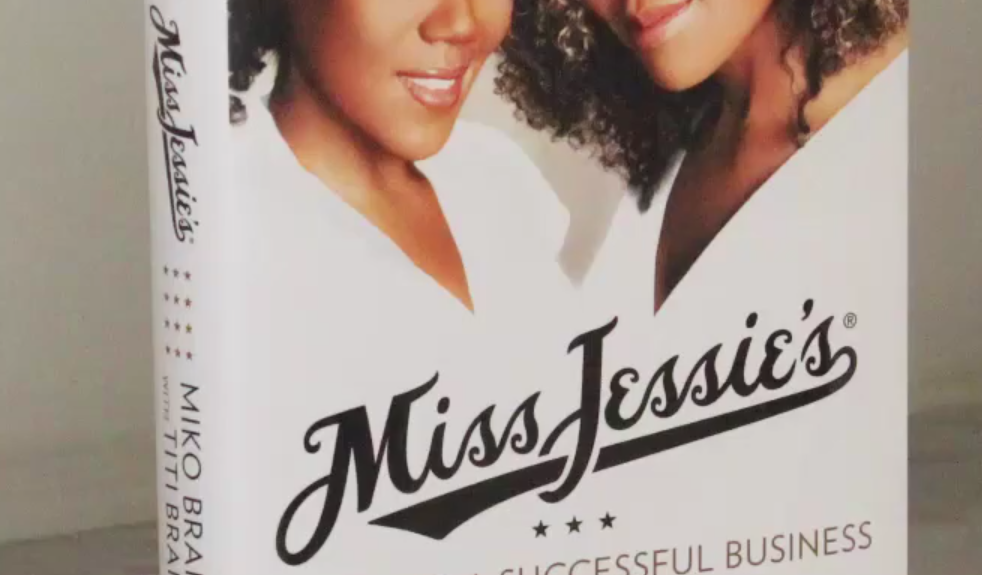Lifestyle & Culture
Natural Hair Care Product Industry Grows as Itty-bitty Afros, Locs, Et Cetera Gain Popularity
By Dieynaba Dieng
Spectrum staff
[youtube]https://www.youtube.com/watch?v=-jn7oM9zylI[/youtube]
Additional Camera: Avery Kim
By the time Tracy Brown walked into Miss Jessie’s salon in Manhattan’s Soho neighborhood five years ago, she’d had enough of her dry, damaged, chemically over-processed black woman’s hair. So, she did “the big chop.”
“I couldn’t take it anymore,” said Brown, whose currently all-natural, curly-wavy, dark brown hair falls just past her shoulders.
Brown isn’t the only black woman who stopped straightening her hair. Sales of chemical hair relaxers declined 18.6 percent between 2013 and 2015, according to Mintel, a marketing research firm with offices in 13 cities around the world. During the same period, sales of products used to care for black women’s natural hair increased 26.8 percent; and 35 percent of all black hair care products sold were made for natural hair, according to the same report.
“When I look in the media, I see more images, than not, of women with some kind of curl, kink or wave,” said Miko Branch, who opened the Curve salon, with her sister Titi Branch in 1997 in Brooklyn before setting up their Soho salon.
The two launched their Miss Jessie’s natural hair care products line in 2004, and started out by making batches of shampoos, conditioners and such in their Brooklyn brownstone.
Harlem resident Nadine James, 40, is one of the women sporting her natural-born black hair these days. “I had a relaxer since I was thirteen years old … Why not show my true natural roots,” said James, who prefers Shea Moisture natural hair care products, another among several lines made for natural hair.
Whether to go natural is a complicated question, given the numbers of even black people who don’t like natural hair and often refer to straighter hair as “good” hair.
A woman selling iced tea on Harlem’s famous 125th Street, who called herself Billie Holiday Jr. and wore a straight-haired wig, put it like this:
“They determine good hair as … something that is straight and flaxen and easy to manage … and [bad] hair is kinky, nappy, thick, bushy, untamable, when actually to me that’s the stronger part, because it’s in its natural state.”
Tishia Hill, who went to Miss Jessie’s Manhattan salon for the first time earlier this month is staying firm in her choice to go natural. “It’s just easier to wear it natural and wash it more often and not have to spend so much time. It feels free.”
Miss Jessie’s co-founder Branch said, “Not only is hair an accessory, hair is a attached to many people’s self-esteem.”


